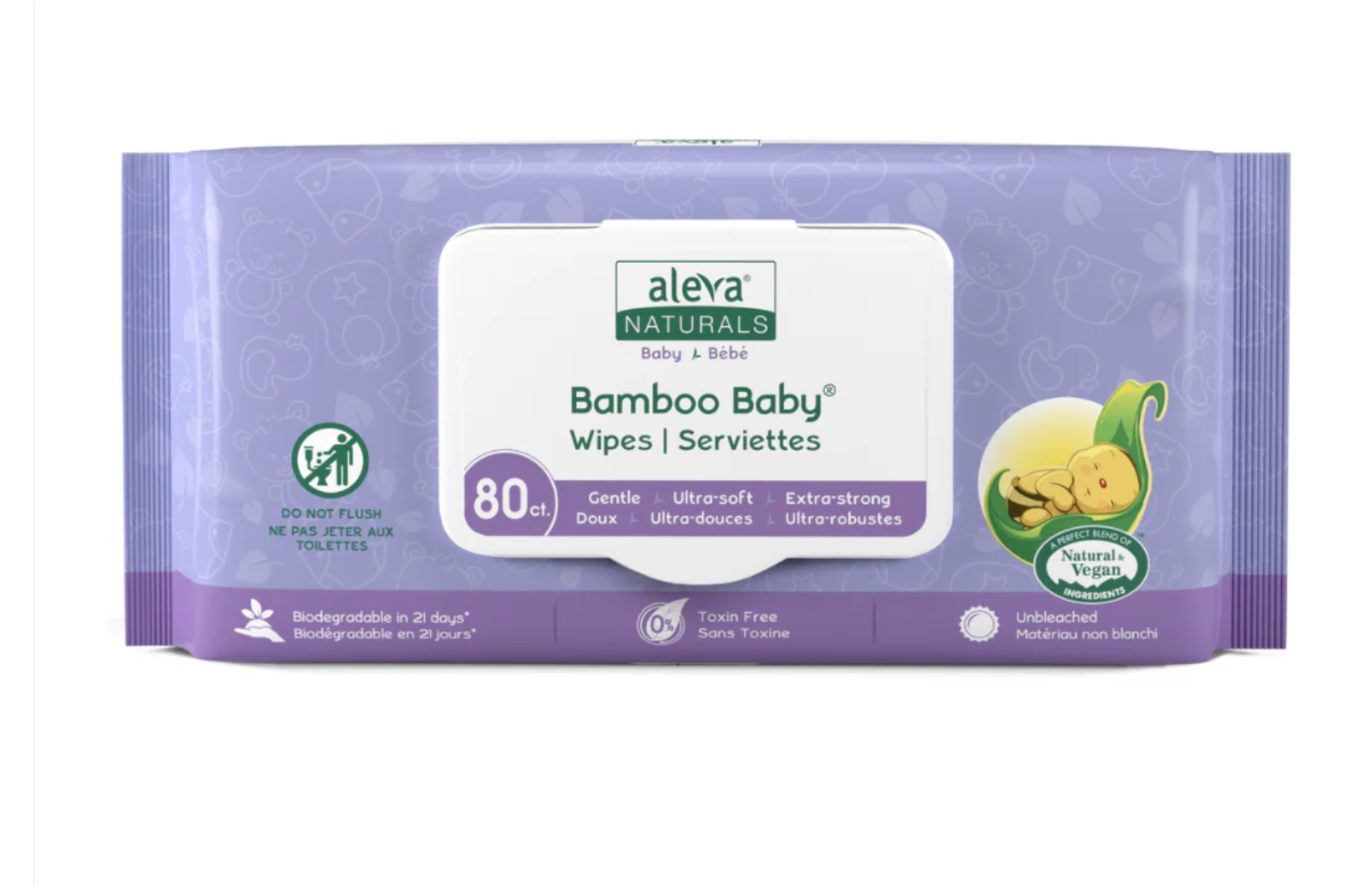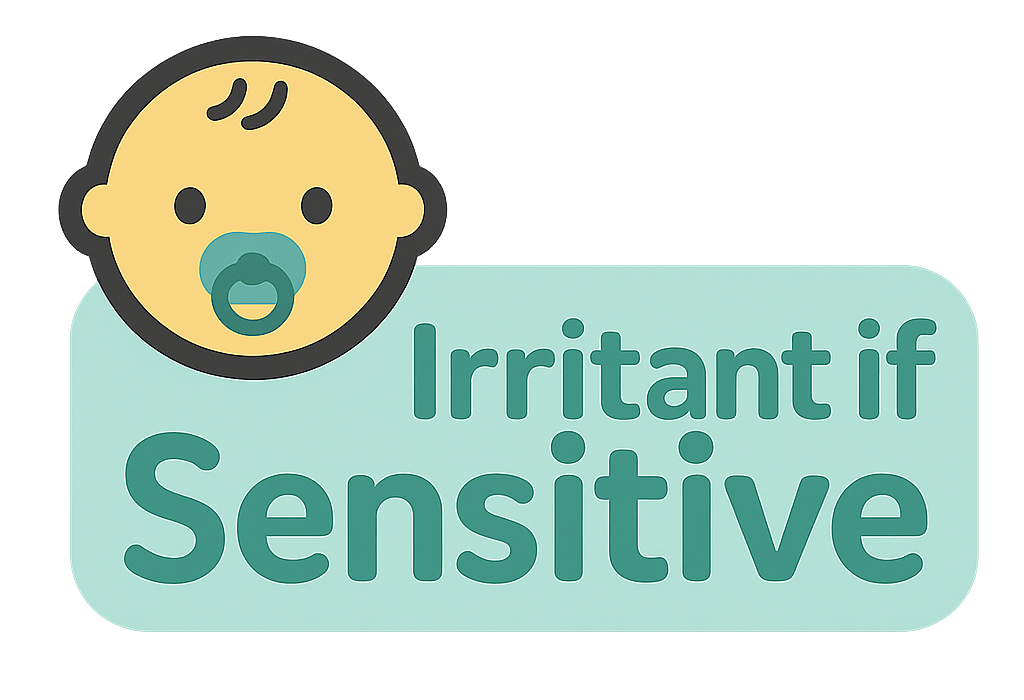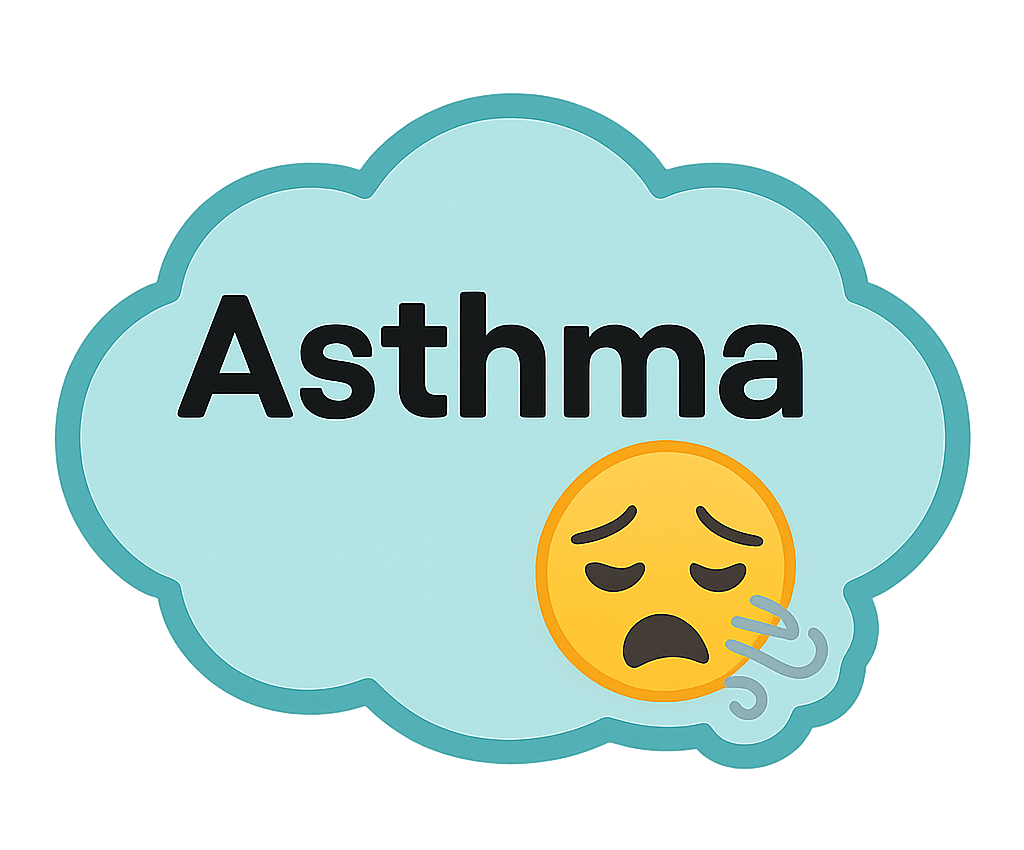Aleva Naturals Bamboo Baby Wipes | Serviettes
baby wipes • For 0-6 month old infants • Skin contact 🧴
Product Images
Product Photo

Tap to enlarge
Is this safe for 0-6 month old newborns to use Aleva Naturals Bamboo Baby Wipes | Serviettes?
Ingredients Analysis (14 found)


























Common Questions About Aleva Naturals Bamboo Baby Wipes | Serviettes
Is this newborn-safe? Aleva Naturals Bamboo Baby Wipes | Serviettes
Aleva Naturals Bamboo Baby Wipes | Serviettes is not recommended for 0-6 month old babies due to potentially harmful ingredients.
What ingredients should I watch out for?
We analyzed 14 ingredients in Aleva Naturals Bamboo Baby Wipes | Serviettes. 2 avoid, 4 concerning, 4 caution. Check the detailed analysis above for specific concerns.
When can newborns start using baby wipes?
The appropriate age depends on the specific ingredients. This analysis is for 0-6 month old babies. Use the age selector above to check other ages.
⚠️ Important Disclaimers
Product Recognition: Product names are identified programatically and may be incorrect. Always verify product identity yourself.
Safety Analysis: Evaluations are for research only - consult pediatricians for medical decisions. Do not rely solely on this analysis.
No Guarantees: Results may be incomplete or inaccurate. Do not rely solely on this analysis.